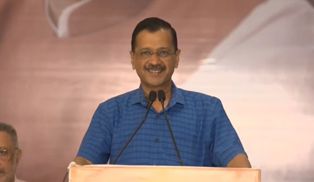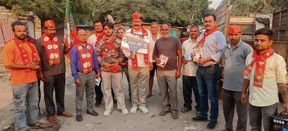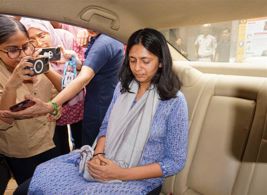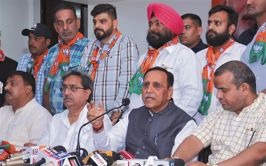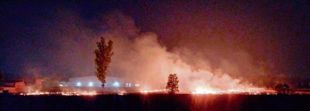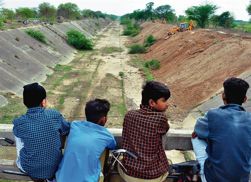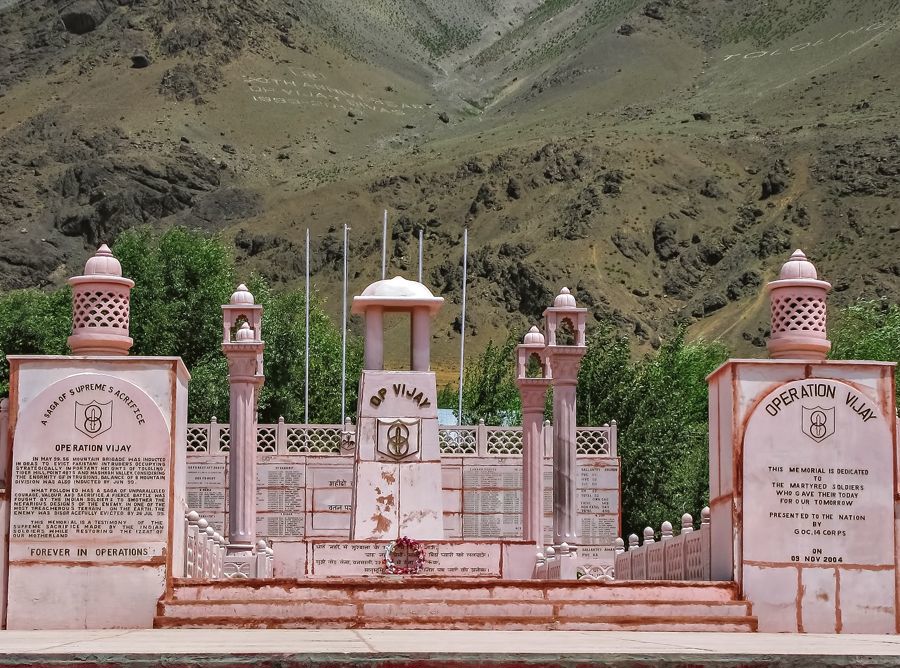
Defence: Operation Vijay was launched in May 1999 to evict intruders from Indian territory. istock
Air Vice Marshal Manmohan Bahadur (retd)
Former Addl Director General, Centre for Air Power Studies
THERE is a famous maxim: Eternal vigilance is the price of liberty. These words have come true many times in the world of geopolitics, the latest being the failure of Israeli intelligence to anticipate the Hamas attack on October 7 last year, resulting in the Gaza flare-up. In India, the words never rang truer than in May 1999. If only the people whose job it was to monitor events and discern the adversary’s intentions had not been found wanting, the Kargil War would not have been thrust on us. As the 25th anniversary of Operation Vijay approaches, three macro points merit discussion.
First, how did intelligence agencies, both civilian — such as the RAW (Research and Analysis Wing) and the Aviation Research Centre — and military, miss the glaringly visible signs that something was openly cooking across the Line of Control (LoC), especially at the Skardu airfield? None other than the Director of Operations of the Pakistan Air Force, Air Cmde Kaiser Tufail, who visited the area, has written: “Helicopter-flying activity was feverishly high as Army Aviation’s Mi-17s were busy moving artillery guns and ammunition to the mountaintops. Troops in battle gear were to be seen all over the city. Interestingly, messes were abuzz with war chatter amongst young officers. In retrospect, one wonders how Indian intelligence agencies failed to read any such signs, many weeks before the operation unfolded.” Yes, one really wonders, how?
Second, even when telltale indicators started appearing, the assessment that something serious was happening took considerable time, even in our service headquarters. The first warning came as early as May 3 from a shepherd, Tashi Namgyal, who reported to the Army about Pakistani intruders near the border village of Batalik. Initially dismissed as small-scale intrusions, these were attempted to be addressed at a tactical level. Air Marshal Narayan (‘Nana’) Menon, who was the air officer commanding the J&K region, has written that on May 8 that year, the Army’s Northern Command briefed him about “a few intruders who had come across the LoC and were interfering with the vital Srinagar-Leh road and interdicting supplies.” The IAF was requested for strikes by Mi-35 attack helicopters. The urgency of the request increased by May 10, and the Army was briefed that the Mi-35s could not operate at those high altitudes. In New Delhi, a similar story was playing out. The then Chief of the Air Staff (CAS), Air Chief Marshal AY Tipnis, has written that the Vice Chief of Army Staff (VCOAS) had put in a similar request around that time. I was the staff officer to the Air Chief and remember that on May 14, the VCOAS had requested an urgent meeting with the CAS, in which the use of helicopters was discussed. The scene in the Air Chief’s office is still fresh in my mind — the CAS and the VCOAS studying an Army map depicting the ground position of troops in the Kargil area with colourful legends and flags. Joint Director (Helicopters) Gp Capt ‘Tan’ Antony, who had been summoned, and I (having extensively operated helicopters in the area) were grilled on the payload-carrying and slithering capability of Mi-17 helicopters at those altitudes.
The Army Chief was still abroad and the Northern Army Commander later moved to Pune on the 16th. That the situation was worrying was finally driven home when two patrols of the Army were ambushed and an IAF Canberra aircraft on a photographic recce mission was hit on May 21 by a surface-to-air missile fired from the mountaintops. The pilot skilfully landed in Srinagar.
It was action stations thereafter, with the Army assets being moved, air force airfields activated, the transport aircraft fleet of the IAF beginning its humongous logistics support missions, political leadership being brought into the loop, meetings of the Cabinet Committee on Security taking place and the go-ahead to evict the Pakistanis being given on May 25. The Air Chief then went on his famous incognito visit to Srinagar that afternoon to ‘meet the boys’ — a trip that was straight out of the movies.
Third, in the end, we came out victorious for sure, but we lost 559 brave men and a lot of prestige for being found napping. The Kargil Review Committee (KRC) was thoughtfully instituted, and it made far-reaching recommendations, followed by the Group of Ministers’ report that was generated through the four task forces that were created. It is ironic that some of the recommendations are still in the process of being implemented. The intelligence structure, especially the civil-military and inter-agency fusion, was revamped. And one is told that it is functioning as planned. But then why were we clueless about the 2008 Mumbai attack, the 2019 Pulwama terror strike and what happened in eastern Ladakh in 2020? Even though intelligence can never be foolproof, have we truthfully analysed, a la the KRC, where our revamped intelligence structure was found lacking in these incidents?
Two-and-a-half millennia back, Kautilya had said that “intelligence should underpin all aspects of governance”. So, while we commemorate the sheer grit of the Indian jawan and the airman, a true tribute to those brave Indian lads who charged up those peaks and flew there, never to return, would be to give due importance to Kautilya’s reflection in our challenging security environment so that we are not caught off guard again — never again!
Join Whatsapp Channel of The Tribune for latest updates.






















